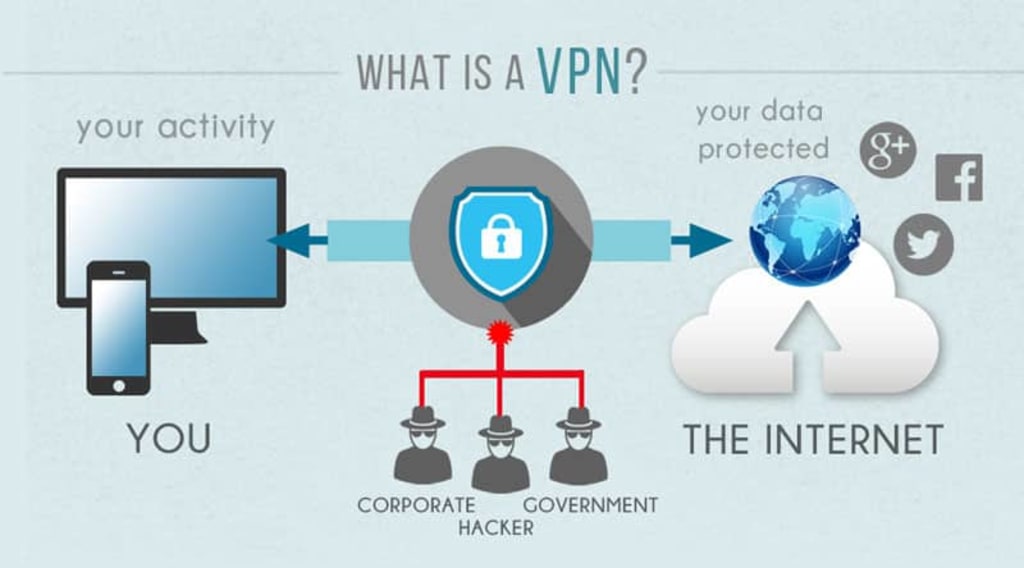
In an era dominated by digital connectivity, ensuring the security and privacy of online activities has become paramount. Virtual Private Networks (VPNs) have emerged as a crucial tool in this regard, offering users a secure and encrypted connection over the internet. This article delves into the inner workings of VPNs, shedding light on their functionality, benefits, and the role they play in safeguarding online communication.
Introduction
A Virtual Private Network, as the name suggests, creates a private and secure network within the vast realm of the internet. It acts as a tunnel, encrypting data as it travels from the user's device to the destination server and vice versa. VPNs have gained popularity for various reasons, including the protection of sensitive information, bypassing geographic restrictions, and ensuring anonymity online.
Encryption:
At the core of VPN functionality is encryption. When a user connects to a VPN server, their data is encrypted using advanced encryption protocols. This ensures that even if the information is intercepted during transmission, it remains unreadable to unauthorized parties.
Tunneling:
VPNs establish a secure tunnel between the user's device and the server. This tunnel shields the data from potential threats and provides a secure pathway for information to travel. Various tunneling protocols, such as OpenVPN, L2TP/IPsec, and IKEv2/IPsec, contribute to the creation of this secure conduit.
Authentication:
To access a VPN, users typically need to authenticate themselves with a username and password. Some advanced VPNs also incorporate multi-factor authentication for an added layer of security. This ensures that only authorized users can establish a connection.
IP Address Masking:
VPNs mask the user's IP address by assigning them a different one based on the location of the VPN server. This not only adds an extra layer of anonymity but also allows users to bypass geo-restrictions, accessing content that might be limited to specific regions.
Types of VPNs
Remote Access VPN:
Designed for individual users, remote access VPNs enable secure connections for users working from remote locations. This is commonly used by businesses to ensure that employees can access corporate networks securely from any location.
Site-to-Site VPN:
Site-to-Site VPNs connect entire networks to each other, allowing businesses to establish secure connections between different office locations. This ensures seamless communication and data transfer between geographically dispersed branches.
Client-to-Site VPN:
Also known as a gateway VPN, this type allows individual clients or devices to connect to a central server securely. It is commonly used for secure access to corporate networks.
Benefits of Using a VPN
Enhanced Security:
VPNs provide an additional layer of security, making it challenging for hackers and malicious entities to intercept sensitive data.
Privacy Protection:
By masking IP addresses and encrypting data, VPNs ensure that users can browse the internet with a greater degree of privacy.
Bypassing Geo-Restrictions:
Users can access content that might be restricted in their geographical location by connecting to a VPN server in a different region.
Secure Remote Access:
VPNs facilitate secure connections for remote workers, ensuring that sensitive corporate information remains protected.
Conclusion
Virtual Private Networks have become indispensable tools for individuals and businesses alike. Their ability to provide secure, encrypted connections over the internet addresses the growing concerns regarding online privacy and security. As technology continues to evolve, the role of VPNs in safeguarding digital communication is likely to become even more prominent. Whether it's for remote work, secure browsing, or accessing restricted content, the importance of understanding how VPNs work cannot be overstated in today's interconnected world.





Comments
There are no comments for this story
Be the first to respond and start the conversation.